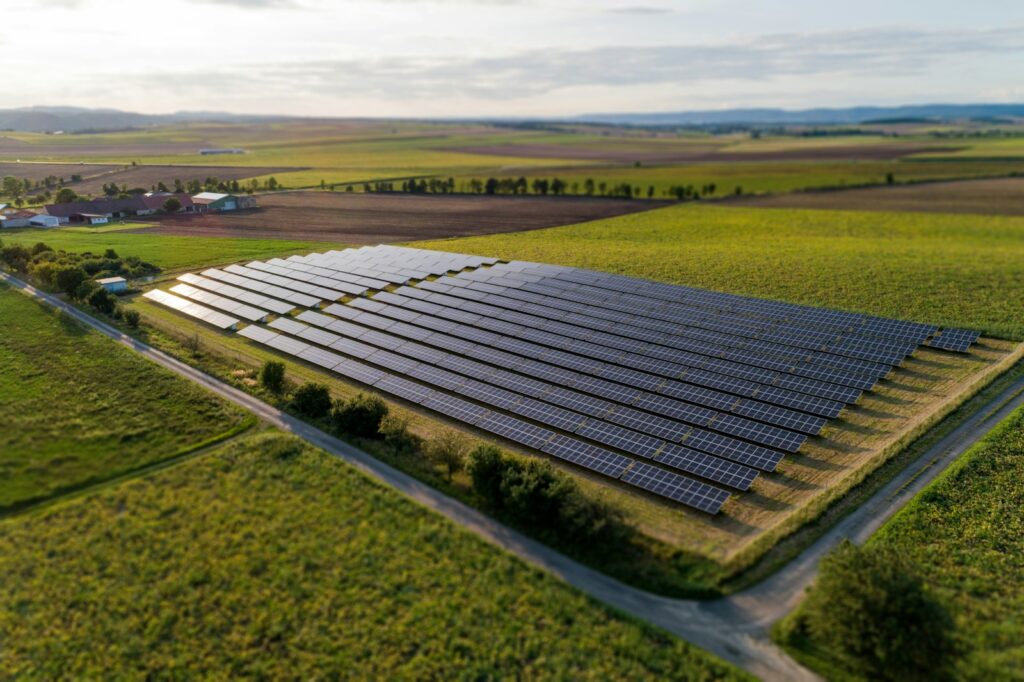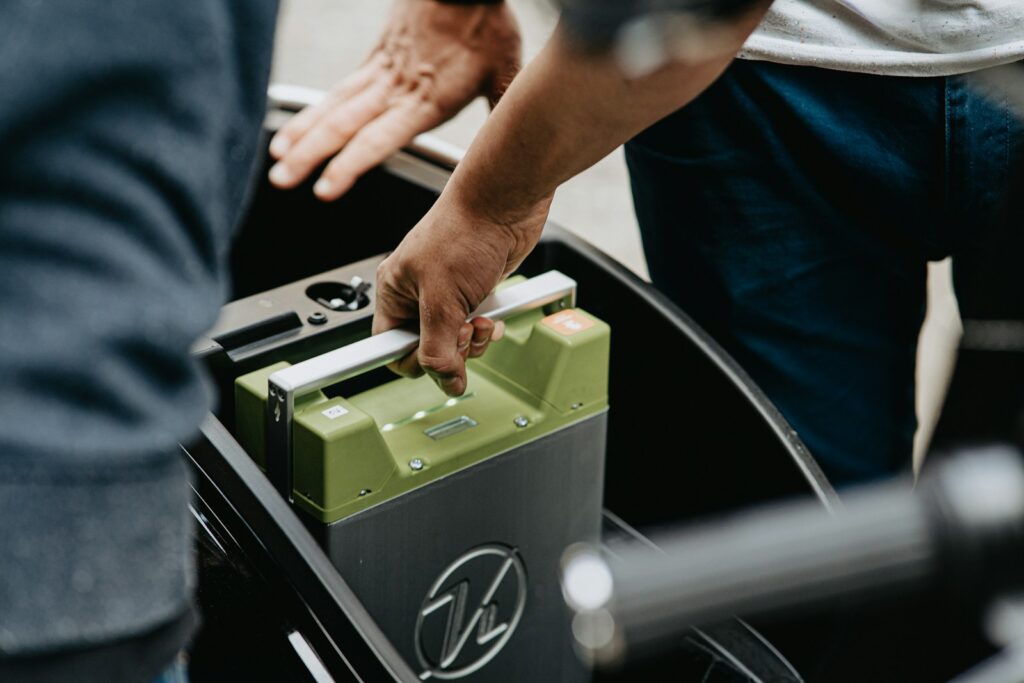Highly efficient smart buildings could become ‘micro energy hubs’ that help to drive low carbon development in other sectors, according to a new report.
The Buildings Performance Institute Europe (BPIE) identified 10 principles for buildings to fulfil a broader role ‘at the core of a decarbonised energy system’ to make it ‘more flexible, resilient and efficient’.
Developments at the cutting edge of efficiency should be used to shift the European energy market from a centralised, fossil fuels based system to a ‘decentralised, renewable, interconnected and variable system’.
The report’s 10 principles include increasing the amount of energy produced either on site or nearby and empowering end users through smart meters and controls.
‘There are many benefits to fast-tracking the concept of micro energy-hubs: from empowering users to control their own renewable energy production and consumption; to cutting energy bills and facilitating the surge of renewable energy as well as electrical vehicles, and even reinforcing energy security,’ said the report.
But the BPIE stressed the starting point must always be to maximise a building’s energy efficiency.
Oliver Rapf, BPIE’s executive director, said: ‘An all-encompassing vision on buildings as micro energy-hubs would have a bearing on all five dimensions of the Energy Union – from supporting security of supply to decarbonising the economy.
‘In light of the legislative packages under way in 2016, serious thought should be given to including this concept.’
















